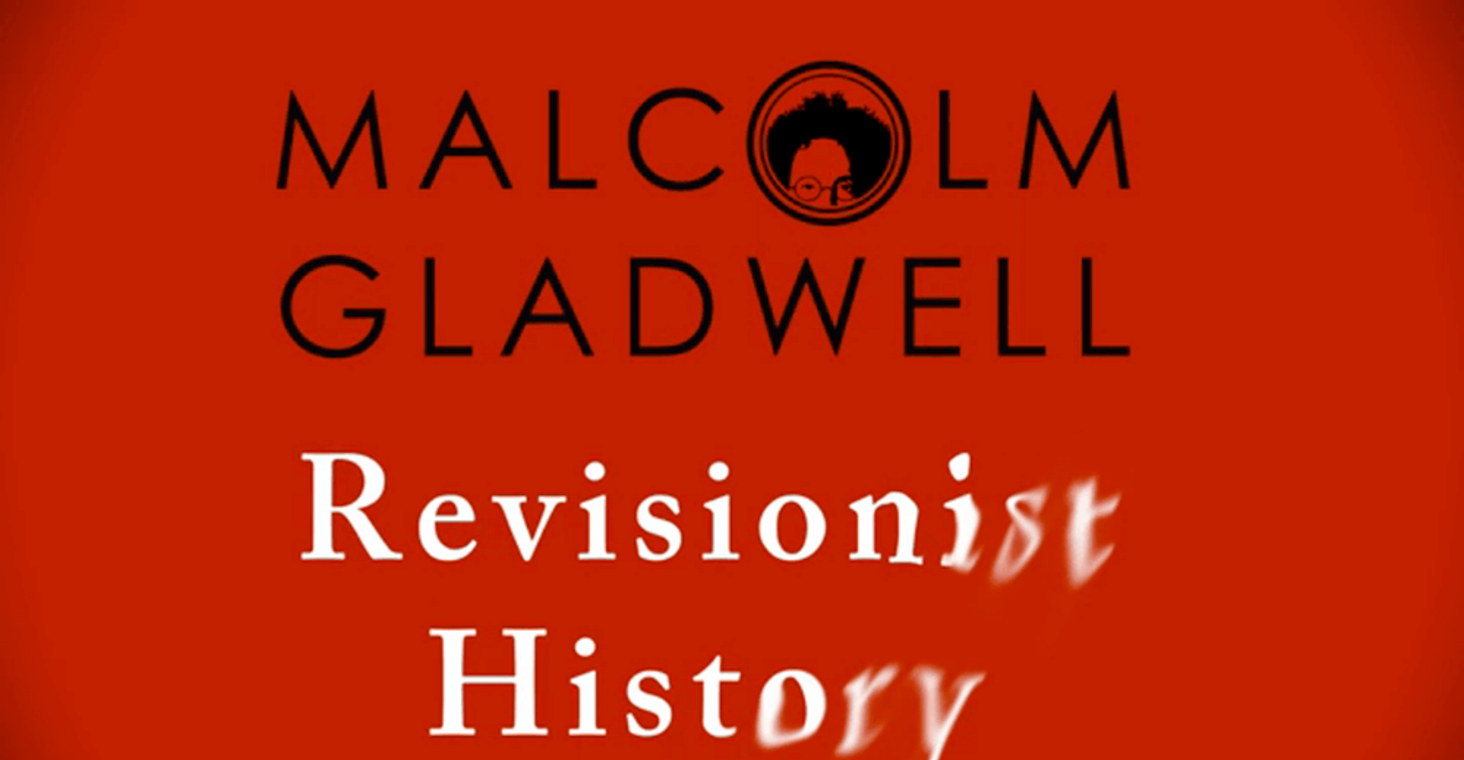 |
| https://metcedplus.org/ |
I just got back from METC, the Midwest Education Technology Community Conference, and have some thoughts running through my head. The one that keeps bugging me is the lack of professional blogging in the education community.
I know there are some really great education bloggers who have been writing for years and doing amazing things, but I see very little conversation around pushing for new edubloggers. Truthfully this hasn't been 'a thing' for several years but this year I noticed there was a lot of buzz around podcasting. Why podcasting and not blogging?
I remember coming back from edcamps and conferences and eagerly awaiting other attendees thoughts on their blogs, but I don't see any being shared anymore. I am curious as to why that is.
I know that I quit writing so much here when I stopped getting anyone to come and read, and more importantly to comment. I really felt like one of my students who was constantly writing but I knew that the only one who would read it (maybe!) was the teacher. Even then, the most I could hope for was a quick attaboy.
So, this gets me to my point. There are a myriad of reasons to go to an education conference, but one of the most important is to reflect on educational practices. I left METC with a strong desire to start student blogging again, it used to be an integral part of our classroom practice. Circumstances have made it more difficult, but that never stopped me from doing what I felt was important.
I am grateful for the time I spent talking and sharing with others at the conference, as I am after every conference. This time the thing I took away wasn't from a session, but from a conversation I had that made me realize I needed to go back and do something with my students that I used to do but quit. Something that was vital and useful, something that made a difference.












